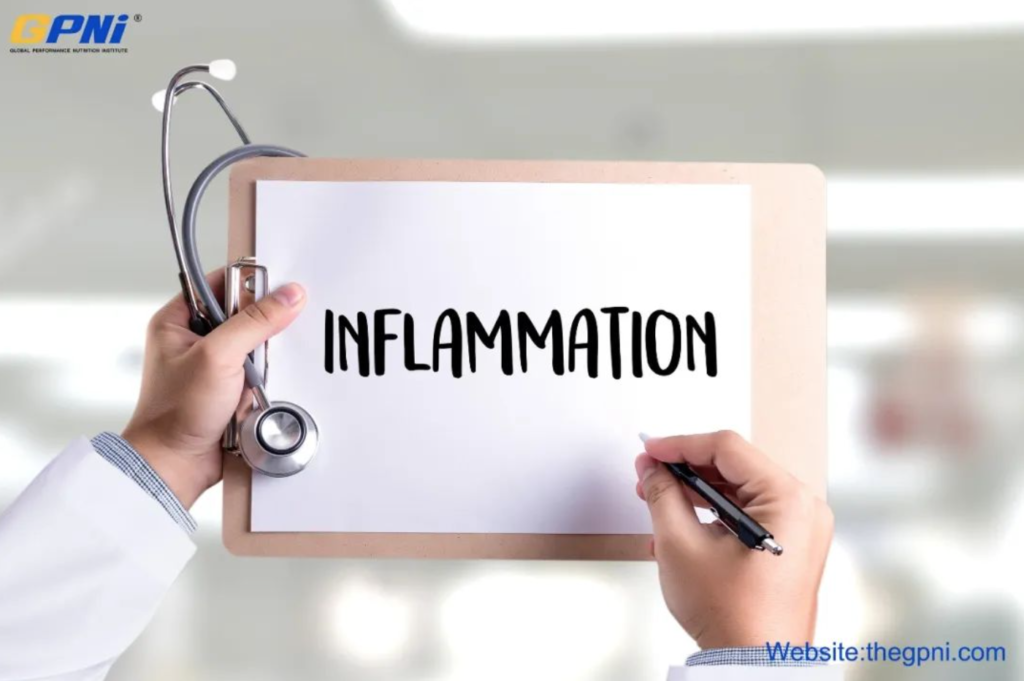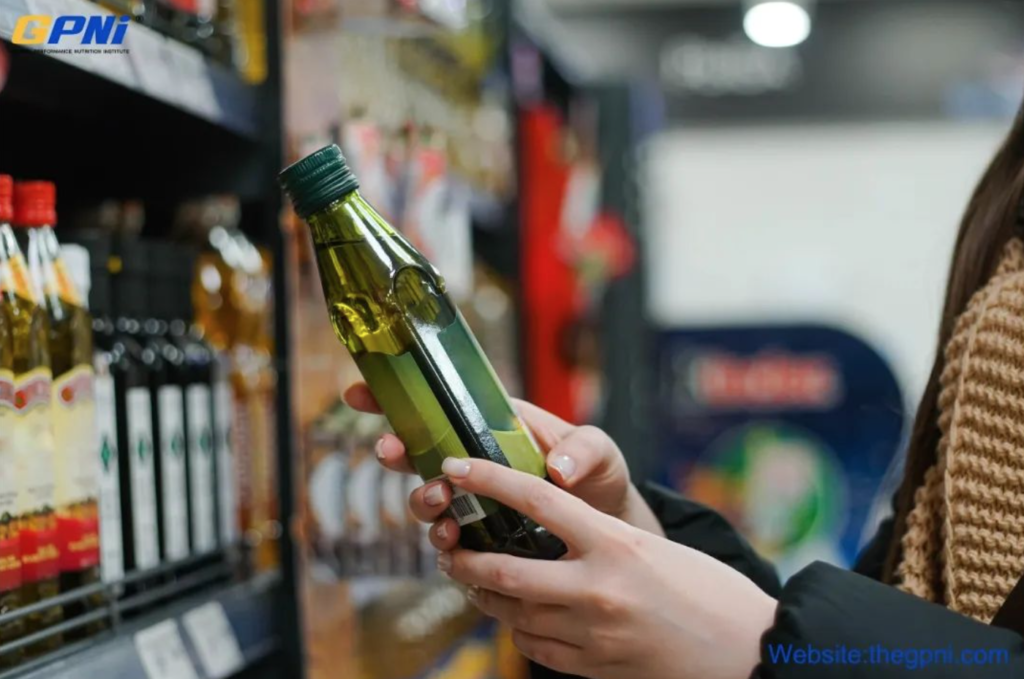Inflammation is a complex biological response to various stimuli, including infections, injuries, and chronic diseases. While acute inflammation is a crucial defense mechanism, chronic inflammation can lead to numerous health issues, such as arthritis, cardiovascular diseases, and cancer. Over the years, the search for natural compounds with anti-inflammatory properties has intensified, and one intriguing substance that has gained attention is oleocanthal. Found primarily in extra-virgin olive oil, oleocanthal exhibits potent anti-inflammatory effects, making it a promising candidate for natural therapeutic interventions. In this article, we will explore the mechanisms through which oleocanthal acts as an anti-inflammatory agent.

Oleocanthal is a phenolic compound responsible for the peppery, slightly bitter taste of extra-virgin olive oil. Its discovery as an anti-inflammatory agent came as a pleasant surprise, and researchers have been studying its effects since. Recent studies have shown that oleocanthal can significantly reduce inflammation by targeting various pathways in the body.
One of the primary mechanisms through which oleocanthal exerts its anti-inflammatory effect is the inhibition of COX enzymes. Cyclooxygenase (COX) enzymes are crucial in the production of prostaglandins, lipid compounds that mediate inflammation, pain, and fever. Oleocanthal has been shown to inhibit both COX-1 and COX-2 enzymes, similar to non-steroidal anti-inflammatory drugs (NSAIDs) like ibuprofen. This inhibition can reduce the synthesis of prostaglandins, resulting in a decrease in inflammation and pain.
Oleocanthal also possesses antioxidant properties. Inflammation often generates reactive oxygen species (ROS), which can lead to oxidative stress and cell damage. Oleocanthal’s antioxidant activity helps counteract these harmful effects by neutralizing ROS, thereby protecting cells from oxidative damage and inflammation-related injuries.
Moreover, oleocanthal can modulate the production and activity of inflammatory mediators, such as cytokines and chemokines, reducing the recruitment of inflammatory cells and the amplification of the inflammatory response.
The compound also inhibits the NLRP3 inflammasome, a multiprotein complex involved in initiating inflammatory responses. Its dysregulation can contribute to several chronic inflammatory diseases. Recent research indicates that oleocanthal can inhibit the activation of the NLRP3 inflammasome, providing a novel mechanism for its anti-inflammatory effects.
Beyond systemic inflammation, oleocanthal may have a protective effect on the nervous system. Studies have suggested that it can reduce neuroinflammation, which is implicated in neurodegenerative diseases like Alzheimer’s and Parkinson’s. By modulating microglial activation and reducing the production of inflammatory molecules in the brain, oleocanthal exhibits neuroprotective potential.

Furthermore, oleocanthal’s anti-inflammatory properties may have relevance in autoimmune diseases. Autoimmune diseases result from an overactive immune response targeting healthy tissues. Some research suggests that it can mitigate the autoimmune response by suppressing the activation of immune cells and the production of autoantibodies.
Emerging evidence points to oleocanthal’s role in regulating gene expression through epigenetic modifications. Epigenetic changes can modulate inflammation and cellular responses. Oleocanthal may influence epigenetic marks, thereby contributing to its anti-inflammatory effects.
In conclusion, oleocanthal, a naturally occurring compound in extra-virgin olive oil, has shown great promise as an anti-inflammatory agent. Its multi-faceted approach to combat inflammation through the inhibition of COX enzymes, antioxidant properties, modulation of inflammatory mediators, and other mechanisms makes it an exciting area of research. Incorporating extra-virgin olive oil into one’s diet as a source of oleocanthal may offer potential health benefits, particularly in the prevention and management of inflammatory diseases. However, it is crucial to consult with a healthcare professional before making any significant dietary changes or considering oleocanthal supplementation for therapeutic purposes. With ongoing research, oleocanthal may continue to emerge as a natural alternative for addressing inflammation and related health conditions, contributing to a healthier and more holistic approach to well-being.

Dr Lowell Greib MSc ND CISSN
‘In a world where peak athletic performance is not just a goal but a necessity, Dr. Lowell Greib MSc ND CISSN, emerges as a paragon of excellence in the realm of Performance Medicine. With over two decades of clinical and educational experience, he is driven by an insatiable desire for innovation, evidence-based care, and athlete well-being. Beyond the conventional parameters of medicine, Dr. Greib has made an indelible mark in the specialization of Sport Fueling and Nutrition, ameliorating athletic performance from the grassroots to the elite level.’







